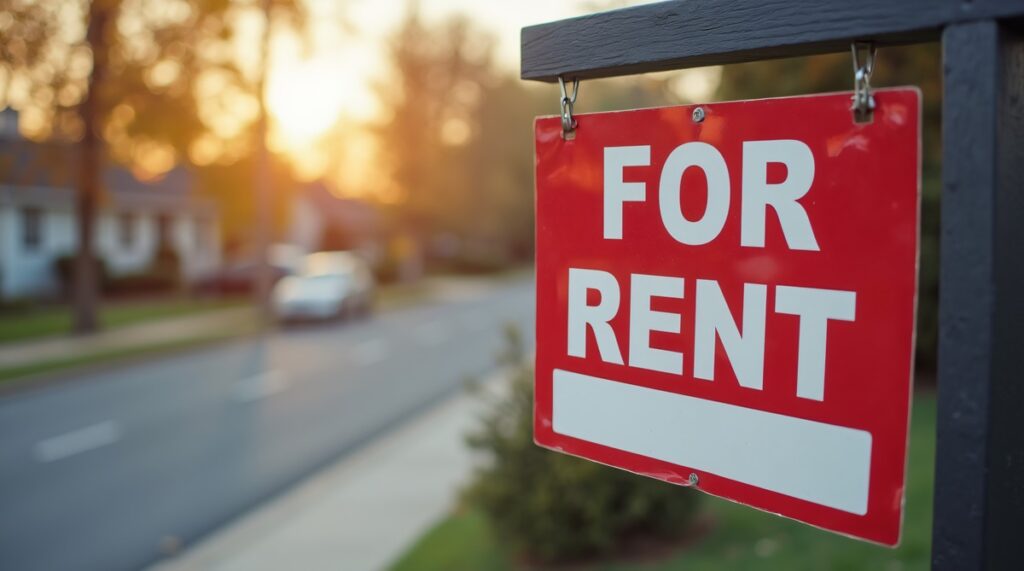Rent control may provide short-term relief for tenants facing high rents, but a new study from the Pioneer Institute warns that it comes with steep long-term costs. The report, titled “Stability, Affordability, and Urgency: The Potential Risks and Benefits of 21st Century Rent Control in Massachusetts,” finds that while rent control can reduce housing costs and help vulnerable households stay in place, it also tends to lower property values, reduce housing quality, and discourage new housing construction.
“Public debates over rent control policies reflect a trade-off between the short-term need to provide housing stability to vulnerable families and the long-term need to build enough housing to meet overall demand,” said Andrew Mikula, co-author of the report with Aidan Enright.
The study comes at a time when housing affordability is a growing crisis in Greater Boston. More than 75% of households earning under $75,000 per year spend over 30% of their income on housing. Rental vacancy rates in the region are among the lowest in the country, with only Washington, D.C. and Chicago reporting lower rates.
In 2021, Boston Mayor Michelle Wu proposed a rent stabilization policy that passed the City Council but stalled in the state legislature. Wu’s plan would cap rent hikes at the lesser of 10% or 6% plus the Consumer Price Index (CPI), with exemptions for newer buildings and small owner-occupied properties. Landlords would still be allowed to reset rents between tenants.
Oregon’s rent control law, which caps annual increases at 7% plus CPI (10% in 2025), is cited as a model of “next generation” rent stabilization. But most academic research reviewed by the Pioneer Institute finds that such policies reduce housing quality and supply. A 2022 national survey found that 87.5% of multifamily developers would avoid building in areas with rent control.
Instead, Mikula and Enright argue that demand-side programs—such as rental vouchers and direct subsidies—offer a more effective path forward. These programs improve housing stability and mobility without discouraging landlords from maintaining or adding rental units. Massachusetts is one of only four states that offers its own rental voucher program alongside federal Housing Choice Vouchers.
“Long-term, the solution to our housing problem lies in producing enough housing to meet demand,” Enright said. “That means streamlined permitting procedures and more flexible zoning laws and building codes.”
Click here for more on the report “Stability, Affordability, and Urgency: The Potential Risks and Benefits of 21st Century Rent Control in Massachusetts.”






